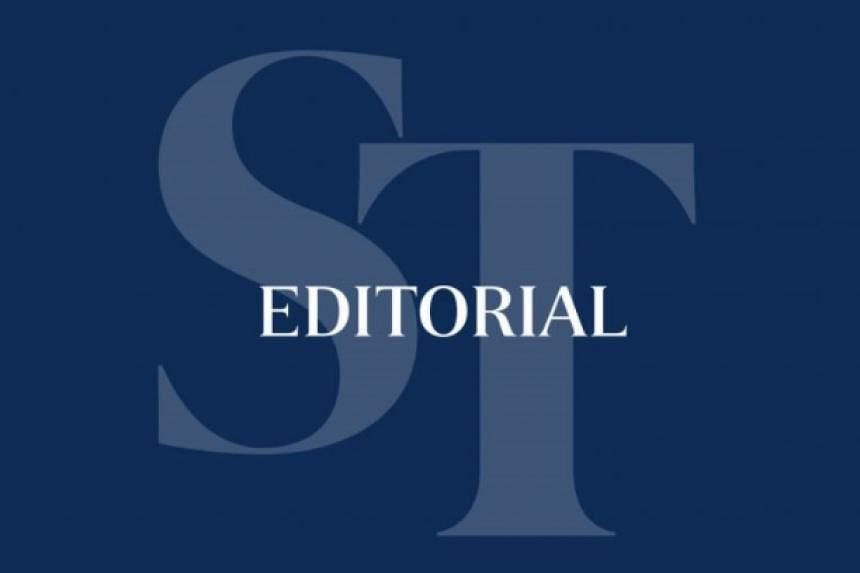The coronavirus pandemic has underscored the importance of trust and confidence, both among citizens and between them and governments, in dealing with the effects of a prolonged deadly disease. In Singapore, these have made a decisive difference to the country's response to the pandemic, Prime Minister Lee Hsien Loong noted at the People's Action Party's convention on Sunday. Although Singapore does not claim to have better doctors and scientists or a better healthcare system than the United States or Europe, the fact that its social and political relations are underpinned by high levels of trust has ensured that most Singaporeans work with, and not against, one another. This, in turn, also determines its capacity to weather not just the Covid-19 pandemic but future storms.
Indeed, trust plays a crucial role in stabilising the day-to-day functions of societies. American writer Francis Fukuyama has focused on the importance of trust as a form of social capital that is as vital as physical capital in creating prosperity and sustaining business organisations that are competitive in the global economy. Excessive emphasis on individualism, litigation and other forms of distrust affects a society's ability to act together to maximise its potential and to compete with societies beyond its borders.
Already a subscriber? Log in
Read the full story and more at $9.90/month
Get exclusive reports and insights with more than 500 subscriber-only articles every month
ST One Digital
$9.90/month
No contract
ST app access on 1 mobile device
Unlock these benefits
All subscriber-only content on ST app and straitstimes.com
Easy access any time via ST app on 1 mobile device
E-paper with 2-week archive so you won't miss out on content that matters to you

